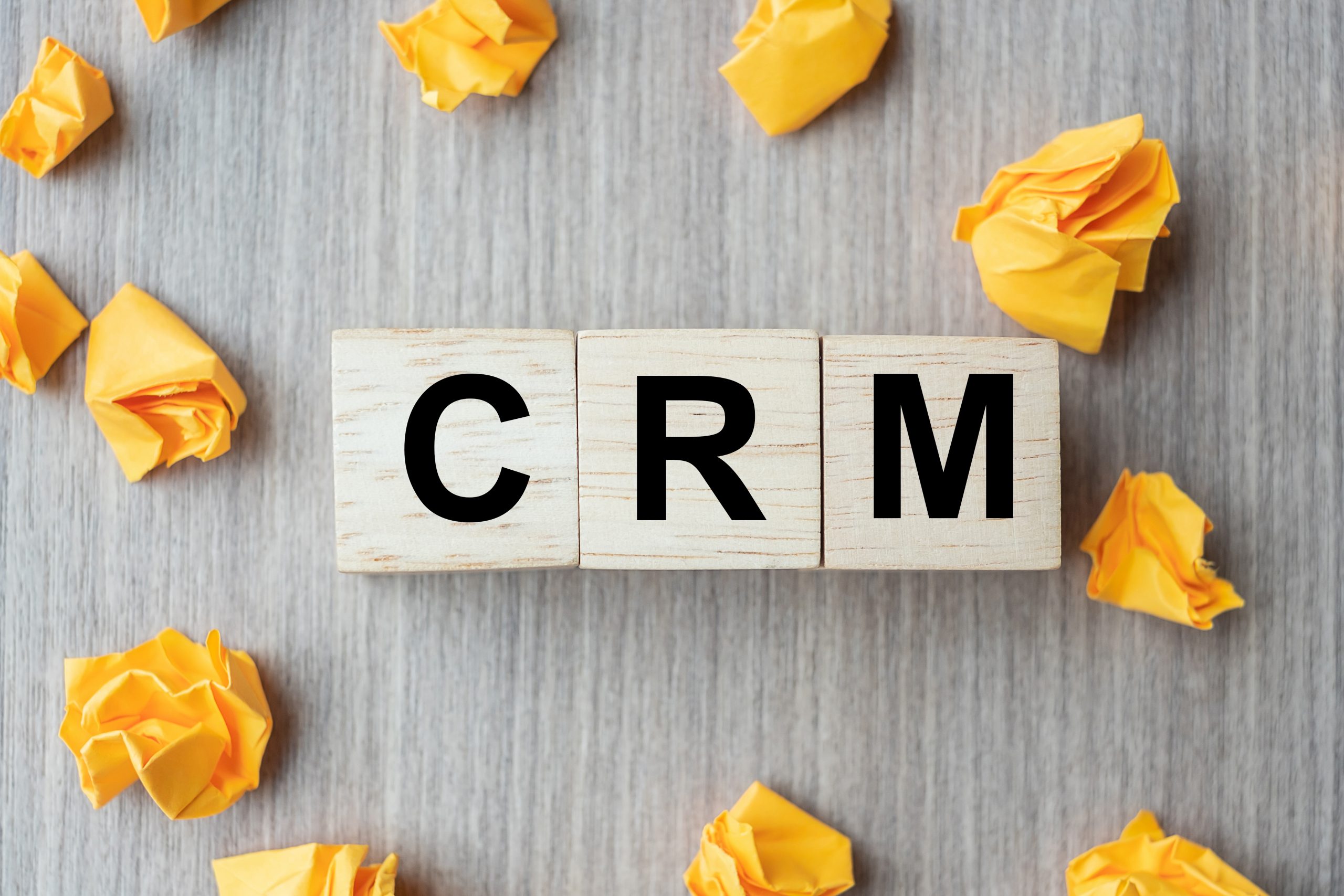When you think about how to streamline your finances, a CRM and accounting software integration probably doesn’t come to mind. Although it should.
If you want to simplify your business’ financial management, keep reading to learn how connecting your CRM and accounting tool makes this possible.
And if you’re thinking: “What does CRM stand for?” — don’t worry, we’ll start with that to ensure everyone’s on the same page.
What’s a CRM?
Let’s begin with what this three-letter acronym means. CRM is short for customer relationship management and usually refers to CRM software.
The goal of a CRM is to create a home for your customer data as well as make it easy to find and share this information. This includes details like a customer’s:
- Transaction history
- Financial data
- Communication records
As well as any other forms of customer information you keep track of.
Why a CRM and accounting software integration is important
The benefits of integrating your accounting tool and CRM are widespread as it helps everyone from accountants to sales reps and business owners work more effectively.
In fact, the right CRM and accounting software integration can:
- Make payment collection faster and easier
- Cut down on admin work and manual data entry
- Ensure information is always up to date in your sales and accounting tools
In addition to the points listed above, here are the top three ways a CRM and accounting software integration can benefit your business.
1. Higher productivity
Did you know that 73% of businesses expect a lack of software integrations to hurt revenue? Or that integrated technology increases sales team productivity by 12.5%?
Probably not, but these stats highlight how a connected tech stack improves your bottom line and accelerates business growth.
By integrating your CRM and accounting system, you eliminate the need for double data entry and allow your team to focus on higher-value tasks. Better yet, your financial data is always up to date since data automatically flows between your CRM and accounting tool.
By using a CRM and accounting software integration, you’re able to save time and put more energy into initiatives that grow your business.
2. Accurate and secure financials
While it’s beneficial to share some accounting data with employees outside of your finance team, it’s not smart to give everyone access to your accounting software.
Luckily, this is where a CRM and accounting software integration comes in handy. With this, you can empower your team with the financial information they need, without opening the floodgates.
This means that confidential information (think staff social security numbers) stays in your accounting solution, while helpful data like payment status and customer quotes sync to your CRM.
Better yet, a CRM and accounting software integration lets you minimize the number of people in your accounting tool so that your financials stay confidential and secure.
3. Data-driven customer insights
By connecting the customer records you have on the sales and accounting sides of things, you gain a deeper understanding of your customers from first touch to last purchase.
This holistic view lets you find similarities between your best customers and better yet, makes it easier to strategize ways to get more of them.
From knowing what type of buyers convert the fastest and at the lowest cost to what makes someone a repeat customer, these insights enable you to maximize your profitability. And who doesn’t want that?
How to find the right CRM and accounting software integration
With so many software options on the market, finding the right CRM and accounting software integration isn’t easy. So, here’s what to look for:
- Two-way sync. Information needs to go back and forth between your CRM and accounting system, so look for an integration that supports a bidirectional flow of data.
- Flexible workflows. Every business has its unique needs, so it’s crucial that you can personalize the workflows your accounting CRM integration supports.
- A free trial offer. It’s important to try before you buy, so look for a CRM and accounting software integration that allows you to test drive it.
If you already have a CRM and accounting tool with a native integration, you’re off to the races! On the other hand, if your CRM and accounting system don’t have a native integration, Zapier is a great solution to connect these tools.
Solution spotlight: Method:CRM
As QuickBooks ProAdvisors, one of our favorite CRM and accounting software integrations belongs to Method:CRM. With 1300+ 5-star reviews on apps.com, Method:CRM the #1 rated CRM for Quickbooks Online and Desktop users.

Here’s why we love Method’s QuickBooks CRM.
- Native, two-way sync with QuickBooks. Method:CRM has a QuickBooks integration for pretty much every version of the software from Advanced Online to Enterprise.
- Easily tailored to your needs. Method:CRM’s drag-and-drop interface lets you build a custom CRM that automates your unique business processes.
- 30-day free trial. With no credit card or contract required, this commitment-free trial gives you plenty of time to decide if this is the right CRM and accounting software integration for you.
CRM and accounting software integration takeaways
The benefits
Finding a CRM that integrates with your accounting tool:
- Cuts down on admin work
- Ensures the data you work with is up to date
- Maximizes data integrity and security
What to look for
When evaluating your CRM and accounting software integration options, here are the boxes to check:
- A native two-way sync between your CRM and accounting system
- Workflows that you can tailor to your exact processes
- A no-commitment, free trial offer
Looking for a CRM that integrates seamlessly with QuickBooks?
